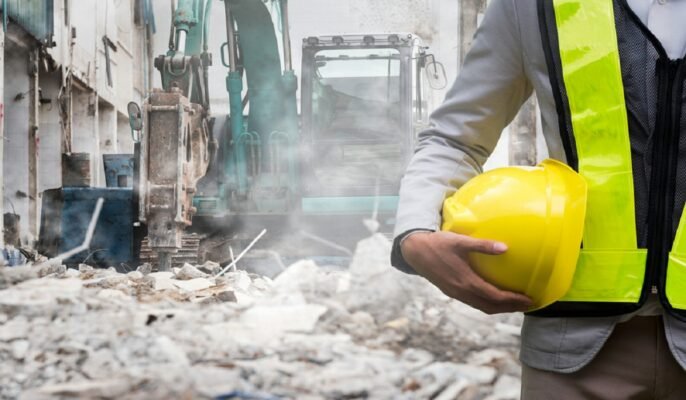BMC Considers Lifting Construction Ban as Air Quality Improves
Mumbai: The Brihanmumbai Municipal Corporation (BMC) is closely monitoring the air quality in Borivali East and Byculla after the temporary suspension of construction activities in these areas. According to civic officials, the Air Quality Index (AQI) in these regions has shown signs of improvement, prompting the BMC to reassess the ongoing construction ban. The civic body plans to observe the situation for the next 24 hours and may revoke the ban if the air quality continues to improve.
Municipal Commissioner Bhushan Gagrani confirmed that the AQI in Borivali East had improved, while Byculla recorded an AQI in the range of 125 to 140. Gagrani stated, “We will monitor the air quality for another 24 hours. If the trend continues, we will consider revoking the construction activity ban.” However, the BMC has expressed concern over the AQI levels in other parts of the city, notably in Govandi-Shivaji Nagar and Colaba-Navy Nagar. These areas have seen AQI readings exceeding 200, which is considered hazardous. If air quality does not improve in these zones, the BMC may implement construction bans similar to the one in Borivali East and Byculla.
Meanwhile, the Maharashtra Pollution Control Board (MPCB) has raised concerns over the pollution control measures implemented by major infrastructure projects. Notices were issued to the Coastal Road project and the Mumbai Metropolitan Region Development Authority (MMRDA) regarding the metro construction at Bandra-Kurla Complex for non-compliance with prescribed pollution control protocols. Siddesh Kadam, Chairman of MPCB, discussed the discrepancies found between AQI readings from the Indian Institute of Tropical Meteorology (IITM) and the MPCB’s monitoring stations. To address this, the MPCB has deployed a mobile monitoring van in Navy Nagar and other parts of Mumbai. “We have also issued a notice to IITM for recalibrating their air quality monitoring station at Colaba,” Kadam added, emphasising the need for accurate and consistent data.
Additionally, the MPCB instructed the BMC to submit a comprehensive plan for the upgradation of the city’s sewage treatment plants and the Deonar dumping project. The MPCB has noted that the upgrade of seven sewage treatment plants is expected to be completed by 2027, and in the interim, the BMC is required to implement temporary solutions to treat sewage before discharging it into natural water sources. This move reflects the BMC’s ongoing efforts to tackle the city’s air pollution issues and balance urban development with environmental concerns. As the air quality improves, the city is poised to take more targeted actions to address pollution while continuing its infrastructure projects.


